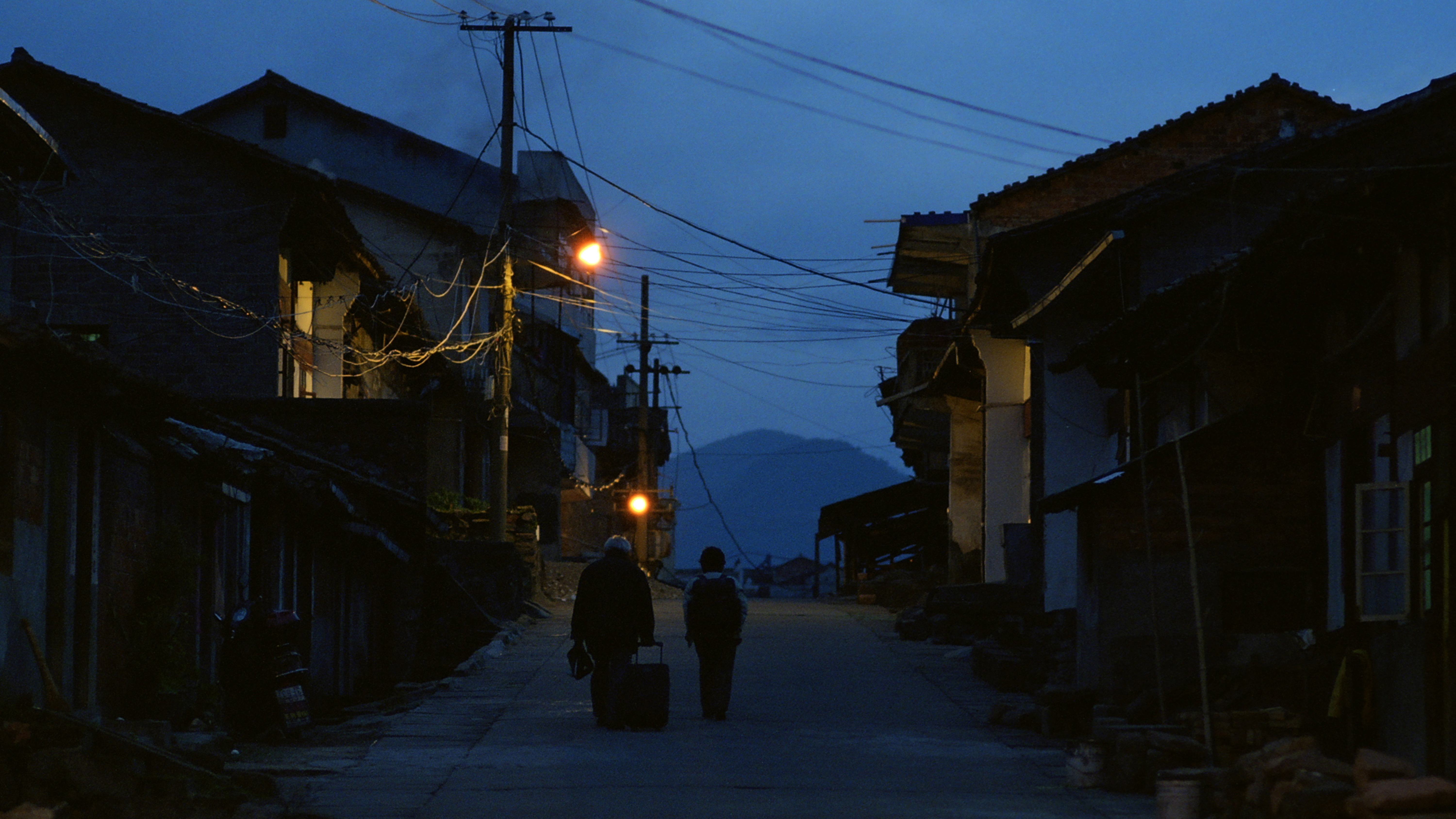Slamdance Film Review: Jia (The Family)
Film Reviews
Jia (The Family)
Slamdance Film Festival
Director: Shumin Liu
Patient and poised, Shumin Liu’s feature-film debut is a measured masterpiece. Jia (The Family) follows Deng (Shoufang Deng) and Liu (Lijie Liu), a couple in their 70s who live in a quiet Jiangxi apartment with their daughter Liqin (Liqin Huang) and her 11-year-old son. Deng and Liu’s two other children, Xiaomin (Xiaomin Liu) and Xujun (Xujun Liu), live far away from home in different cities, busy with their own lives. Despite the distance and their age, Deng and Liu embark on the long journey to visit their loved ones.
An over-four-and-a-half-hour opus, The Family is a long, immersive, slow burn, but it rewards far more than it demands. The film is an exquisite and soft-spoken observation, in real time, of life’s commonplace—the day to day of family dynamics. We watch as Liu plays card games on a desktop computer, helps his young granddaughter with arithmetic and slowly flips through an old photo album, page by page. His wife, Deng, is much more active. She’s constantly whipping up home-cooked dishes or running errands at the market. She’s also the source of the majority of the film’s dialogue, helping to contextualize the thin plot while bringing us closer to each of our characters. She kindly encourages her grandson when he struggles with his English class; she offers her daughter-in-law cooking tips; and when her son makes a bitter remark to Liu, she asks him to be gentler with his father.
The Family hearkens to Yasujirō Ozu‘s Tokyo Story, but Shumin Liu brings a new perspective to the films’ shared themes by providing an absorbing and nuanced portrait of life in a continuously changing China. The Family offers an intimate perspective of class, the way our characters might experience it: The retired Liu and Deng make do with their pensions, but they still struggle in their efforts to help support Liqin, while Xiaomin and Xujun face high mortgage payments and costs of living. Throughout, Shumin Liu starkly places his two aging main characters against the backdrop of a contemporary world. He juxtaposes past and present more abstractly by briefly delving into Deng and Liu’s pasts as a teacher and factory worker, respectively, during the Cultural Revolution. In certain shots, Shumin Liu makes the past-present comparison more visually explicit, showing the couple as they pick through fresh vegetables from the back of a small truck while a shiny luxury car zooms past.
Regardless of the lengthy runtime, it’s hard to turn away from The Family, even for a moment. The film maintains intriguing parallels—and foreshadowing—in its plot. Throughout, Shumin Liu intersperses compelling vignettes of our character’s lives, into which we become surprisingly invested. Accompanying our characters, their interactions and their dialogue—which all feel painstakingly real—Shumin Liu gives us incredibly rich and lush visuals with his meticulous and often fixed frames. From muted start to wrenching denouement, Shumin Liu brings a considered and stylish sensibility to the ordinariness that imbues The Family’s story.
At times, The Family is unflinchingly grim, but it is also deeply, deeply heartrending. The film leaves an indelible impression with the goodness of its characters and the authenticity by which it depicts their lives. Without gimmick, The Family intoxicatingly portrays the gentle nuances and quirks by which we express and accept love in the face of an ever-changing and unpredictable world.
–Kathy Zhou
